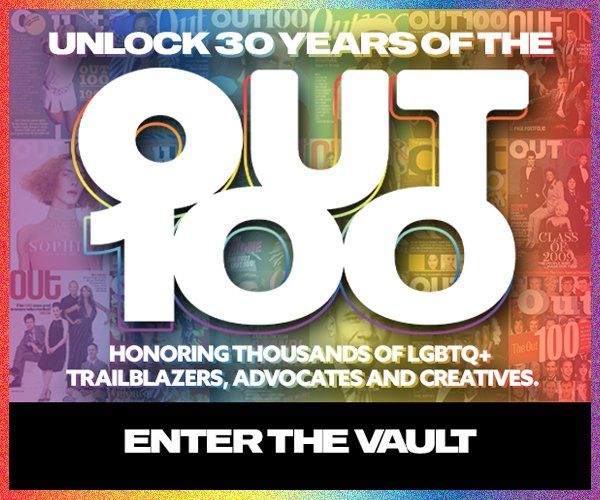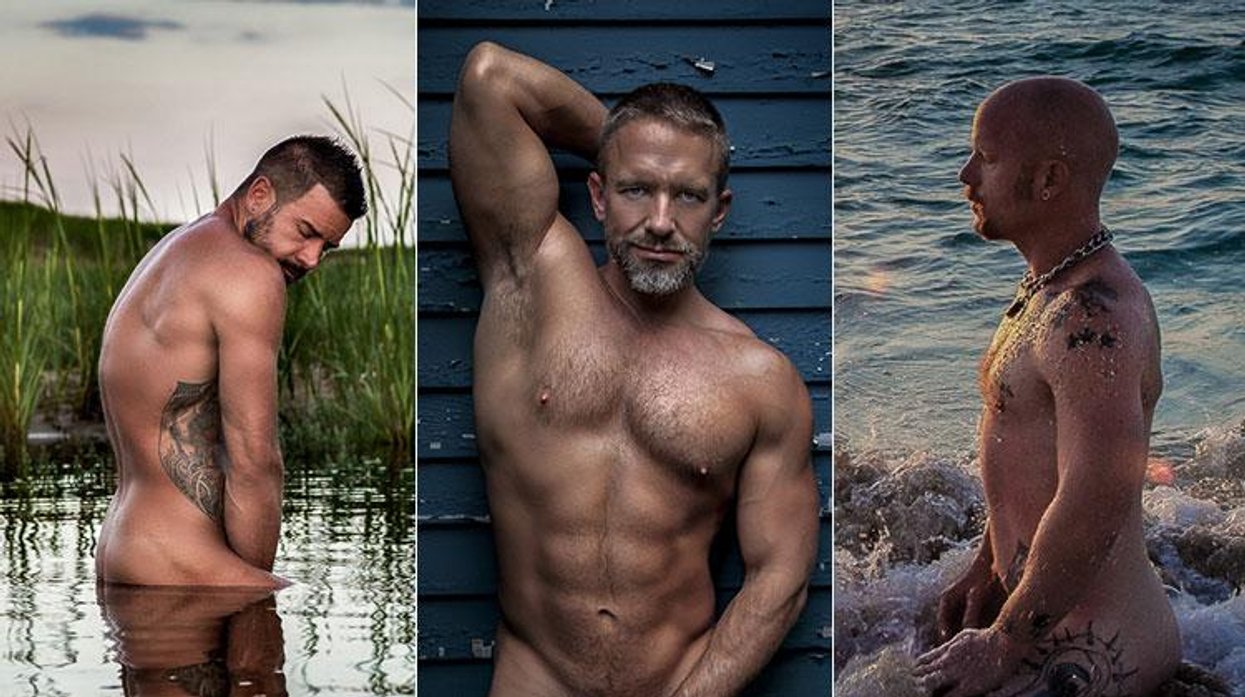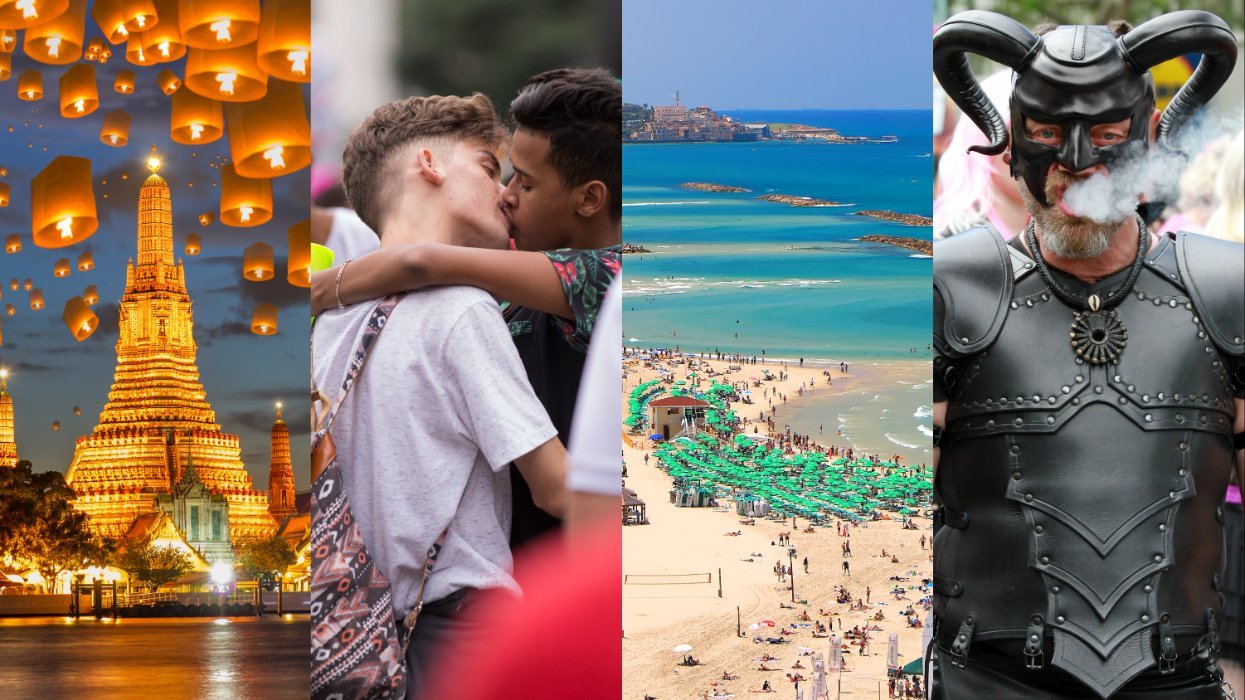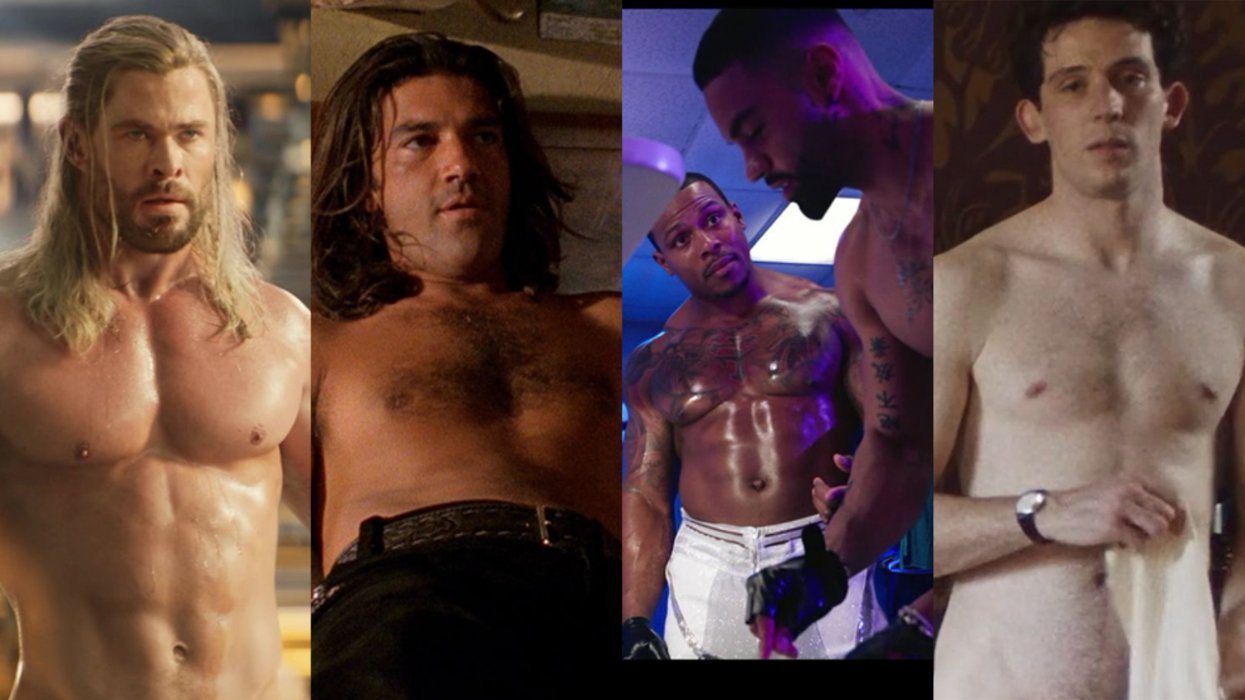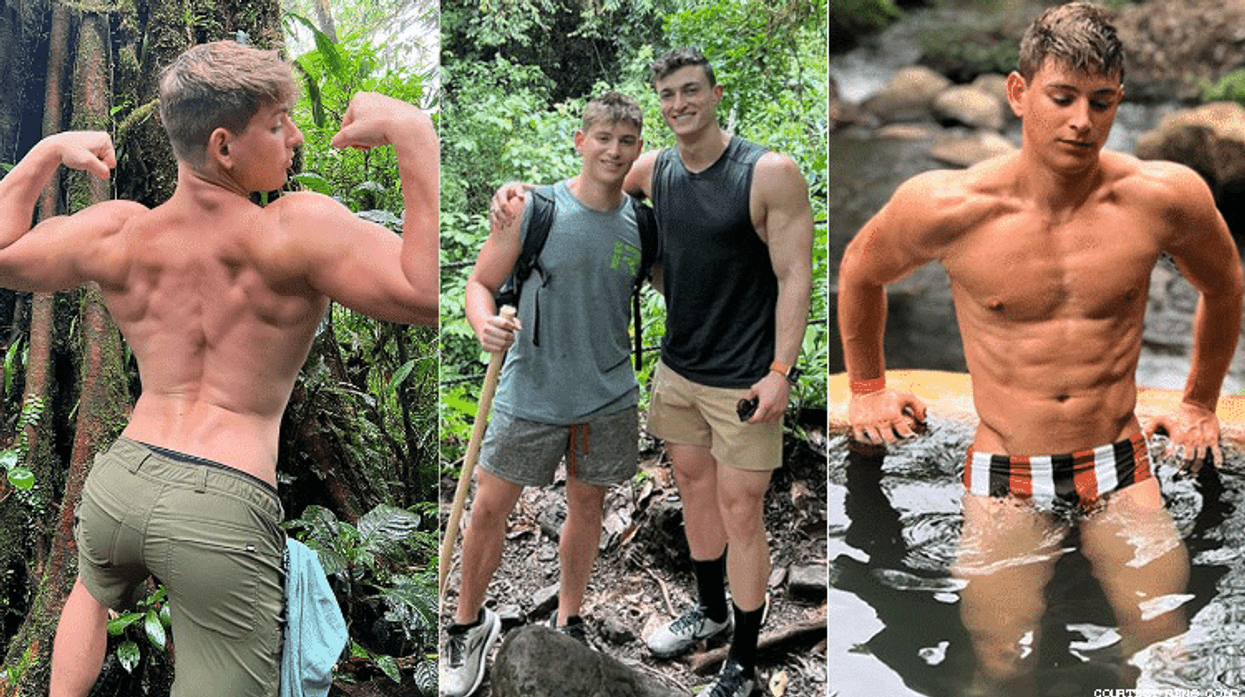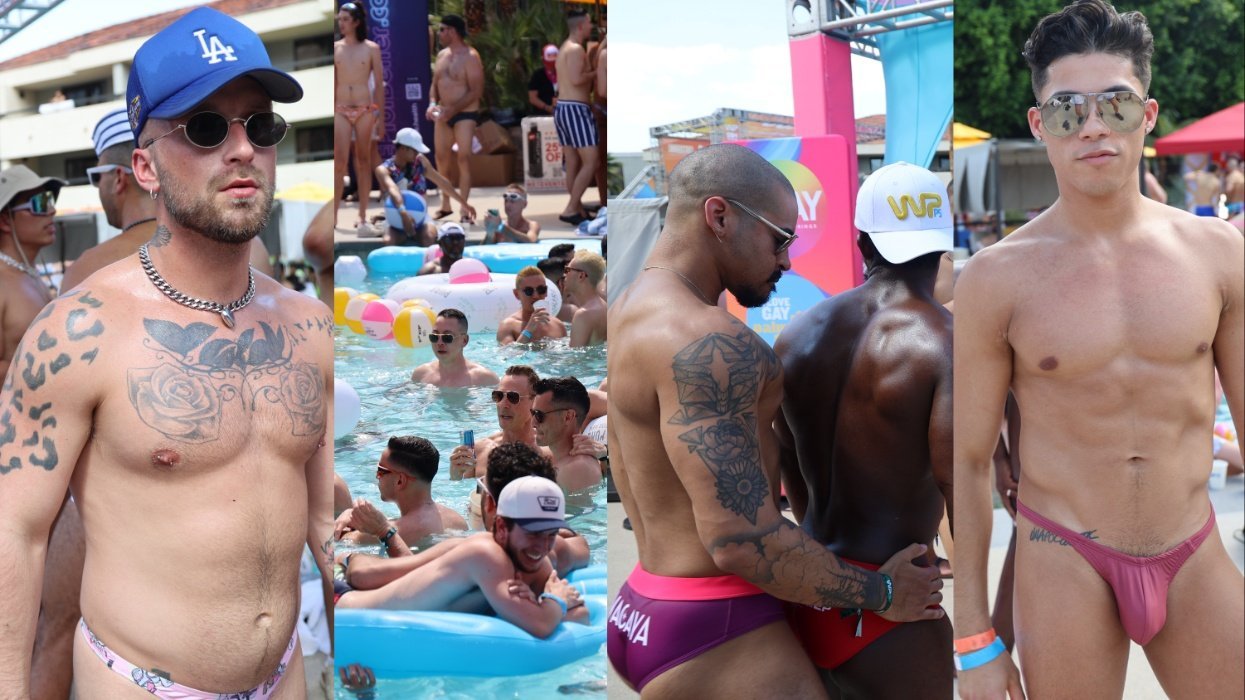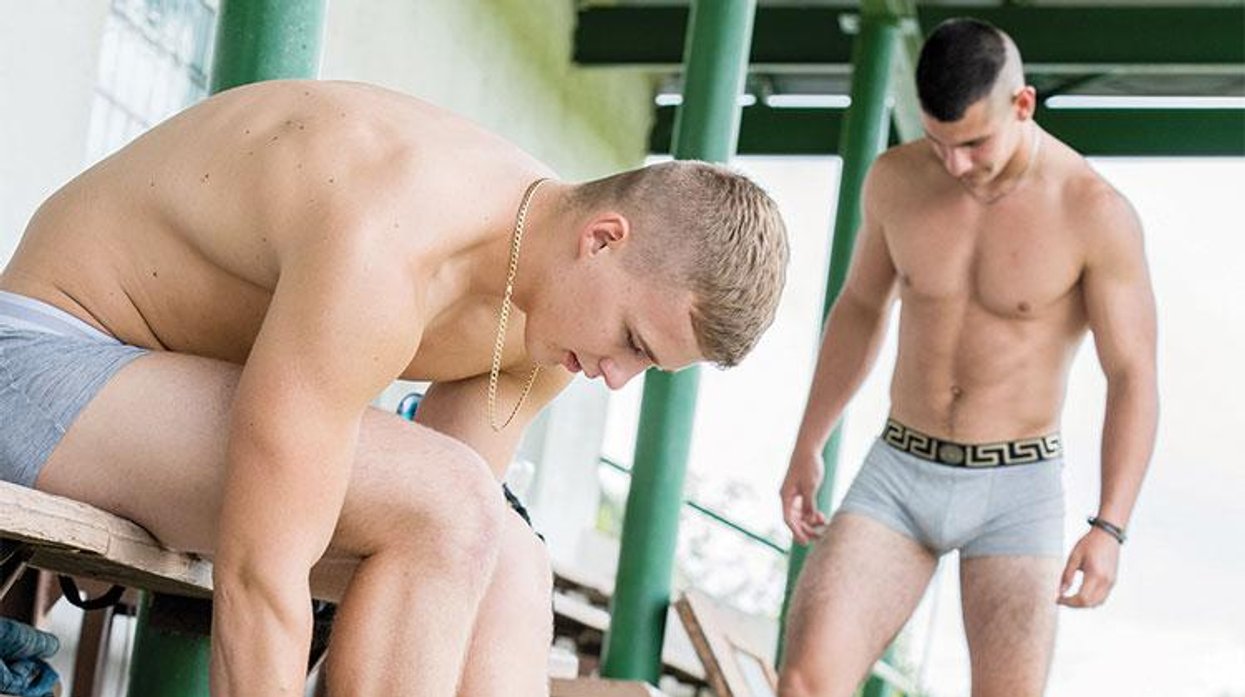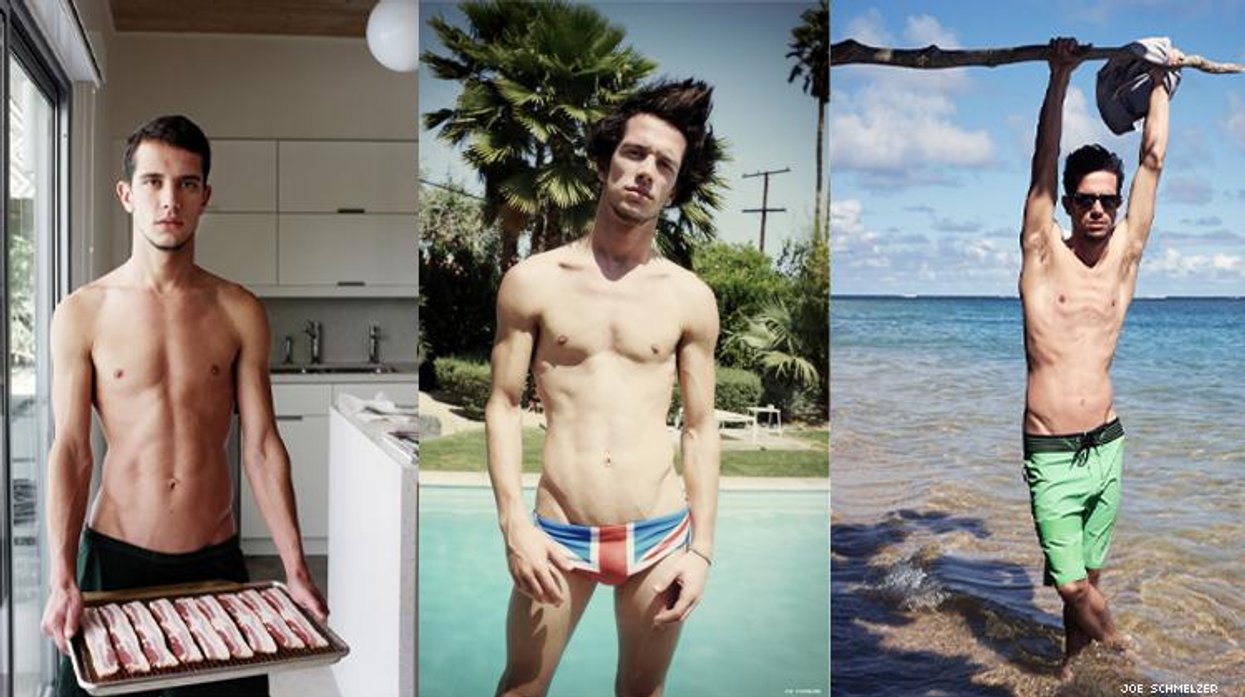North Cascades National Park | Photo via American Travel Center
In the summer of 1916, Woodrow Wilson signed into law the “National Park Service Organic Act” and, with the stroke of a pen, the National Park Service (NPS) was born. In the century since, national parks have become the backbone of American conservation and recreation. Now, with its centennial on the horizon, the NPS has the opportunity to use this milestone as a chance to move forward by looking back.
“With the Centennial Campaign, we are really trying to reach to create and connect with the next generation of park visitors, supporters, and advocates,” Ranger Michael Liang, a seven-year-veteran of the NPS, says. The Detroit-native works as a visual information specialist for the NPS. “Essentially I get to help inspire people to care about the national parks through visual media. I went to art school, and I like to use publications, photography, video, and social media to help connect visitors to the national parks.”
Michael Liang | Photo Courtesy of National Park Service
His latest project is the Centennial Campaign, which heralds the National Park Service’s 100th anniversary on August 25, 2016. “We recognize that sometimes, some people who we want to come to the National Park Service don't necessarily see themselves represented in our marketing and our media," Liang, who is gay, says. “I'm personally very conscious of that, making sure that we have people of color, people of different backgrounds, LGBT people represented in our photographs on our websites and our publications. We try to help welcome all to our national parks, because it's a federally funded agency and everyone deserves to have a national park that resonates with them.”
On the eve of its 100th birthday, the organization is discovering ways to make the country’s national parks a better reflection of the United States's makeup, including gay, lesbian and transgender citizens. Since the NPS not only preserves America’s natural beauty, it also protects its history, it announced an LGBT-themed study in 2014 as part of its LGBT Heritage Initiative with the aim to include important queer sites into the National Park Service's Register of Historic Places.
“This is the first step to having a National Park Service that is dedicated to telling the stories of our community, of the LGBT community,” Liang explains. “The National Park Service is officially thought of as being an agency that protects our most special physical places — the Grand Canyon, Yellowstone, Yosemite — but the National Park Service also preserves our cultural heritage.”
Inspiring people to find a park that resonates with them is also one of the Find Your Park campaign’s main focus, which invites people to share photos and park stories on social media (just use #FindYourPark). Plus, earlier this year, the White House aided the Park Service in this aim when it announced that, starting in September, every fourth-grader in the nation would receive an “Every Kid in a Park” pass, which is good for free admission to "all of America’s federal lands and waters" for a full year.
“There's this magic age before becoming a teenager, where kids are still impressionable and have that curiosity about the outdoors,” says Liang about the program. “We're very excited to see what that generation can become 10 to 15 years later.”
It was around that age when Liang also became enamored with the outdoors and this country’s national parks. His uncle was a park ranger, and he invited Liang to come visit him at his park and participate in an environmental day camp when he was in elementary school. "Everyday we got to go outside, working with the scientists, getting muddy, catching turtles," he explains. "It was much later that I realized that what was fun and childlike play was also part of what people can get paid for when working for the park service.” After a college internship at the NPS through the Student Conservation Association, Liang snagged a gig working at the North Cascades National Park in the Pacific Northwest, which he describes as “love at first sight.”
As more sites are being added to the National Register of Historic Places, the NPS is also trying engage with the LGBT community through queer-targeted programs. “In the near term, we are seeing more public programming, particularly during Pride Month, where National Park sites will give interpretive programs and educational programs, specifically about LGBT stories. One of my favorites has happened in Independence National Historical Park in Philadelphia. They had pre-Stonewall protests that happened right in front of Independence Hall, and so the park rangers give programs telling that story.”
Visit the Find Your Park website for more information.





